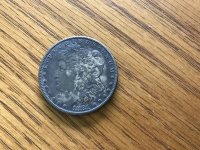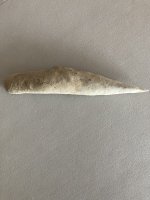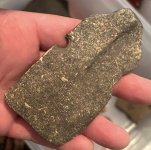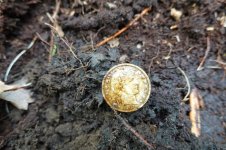MilitariaCollector
Full Member
- Dec 17, 2008
- 140
- 65
I'm New To Scrapping And Have Few Questions
I'm new to scrapping and have a few questions:
1) Are the scales at the scrapyard required to be calibrated for accuracy?
2) How is the price per pound for each type of metal determined by the scrapyard? How often does that change (daily, weekly, etc)?
3) Does having larger pieces of certain metals (like aluminum, etc) make them more valuable, or it just goes completely by weight?
4) is there a list or chart of the classifications of each types of metals (some metal, like copper have numbers like #1 or #2)
I'm new to scrapping and have a few questions:
1) Are the scales at the scrapyard required to be calibrated for accuracy?
2) How is the price per pound for each type of metal determined by the scrapyard? How often does that change (daily, weekly, etc)?
3) Does having larger pieces of certain metals (like aluminum, etc) make them more valuable, or it just goes completely by weight?
4) is there a list or chart of the classifications of each types of metals (some metal, like copper have numbers like #1 or #2)






